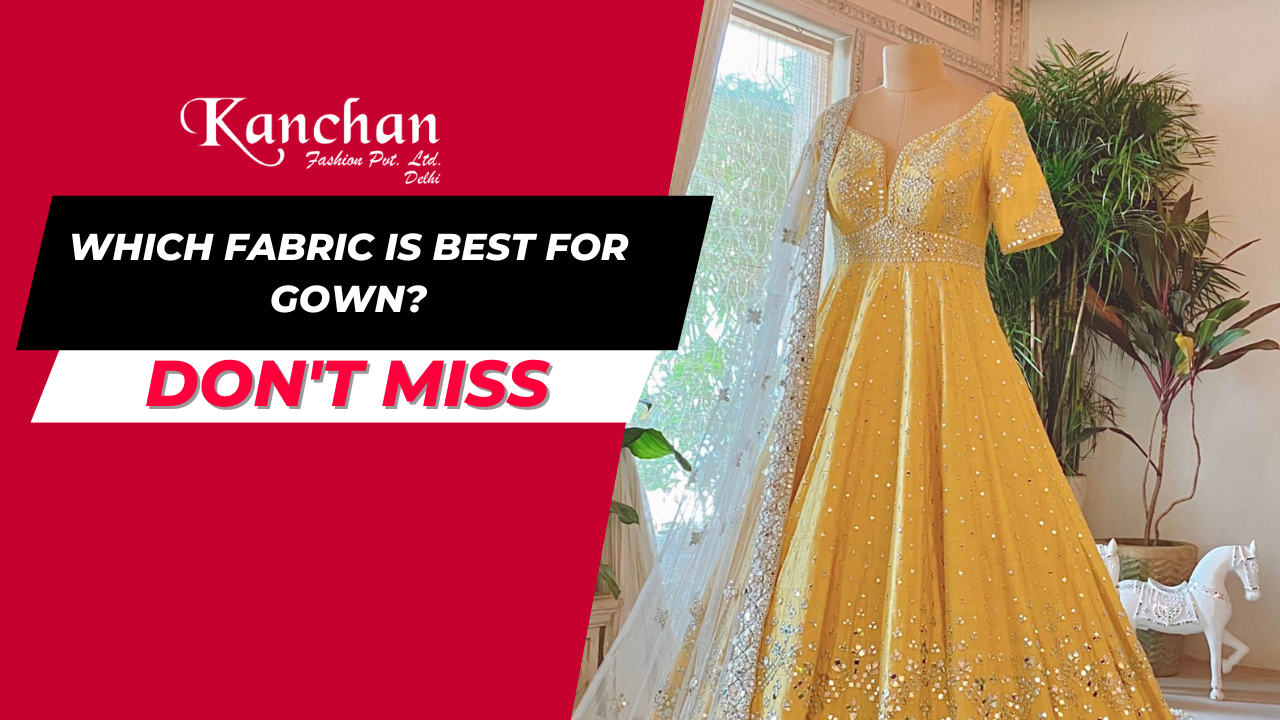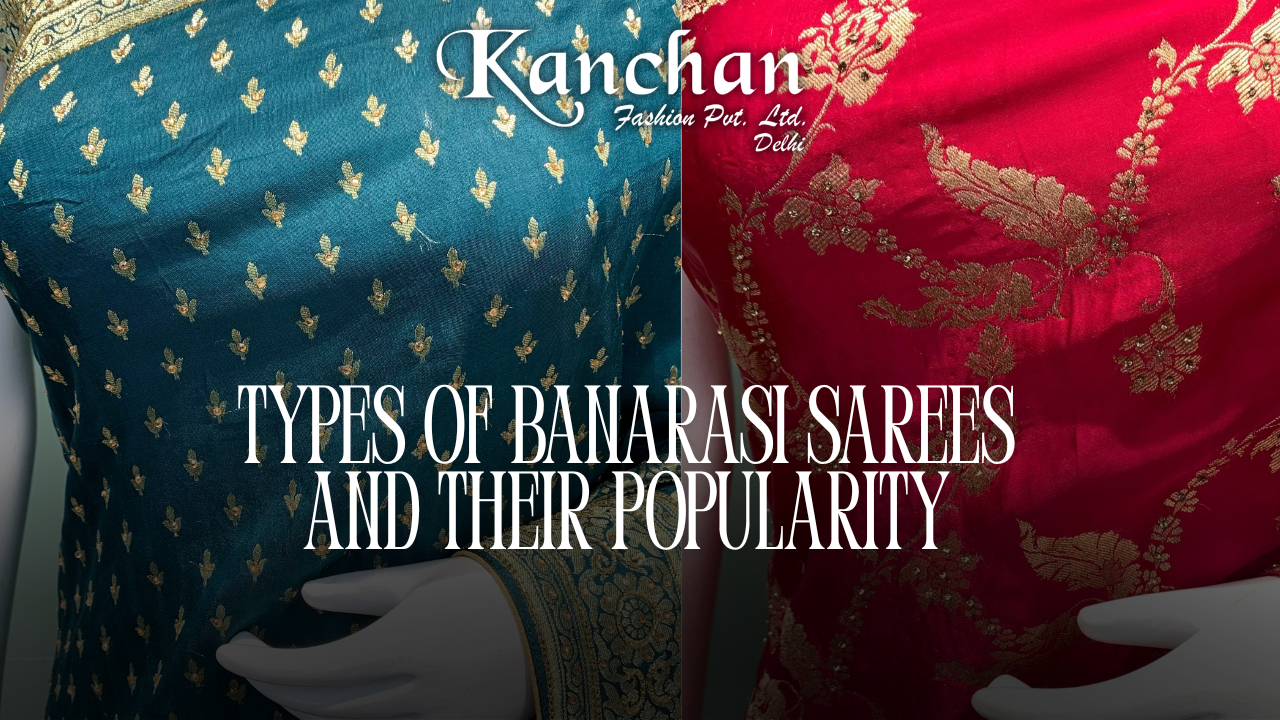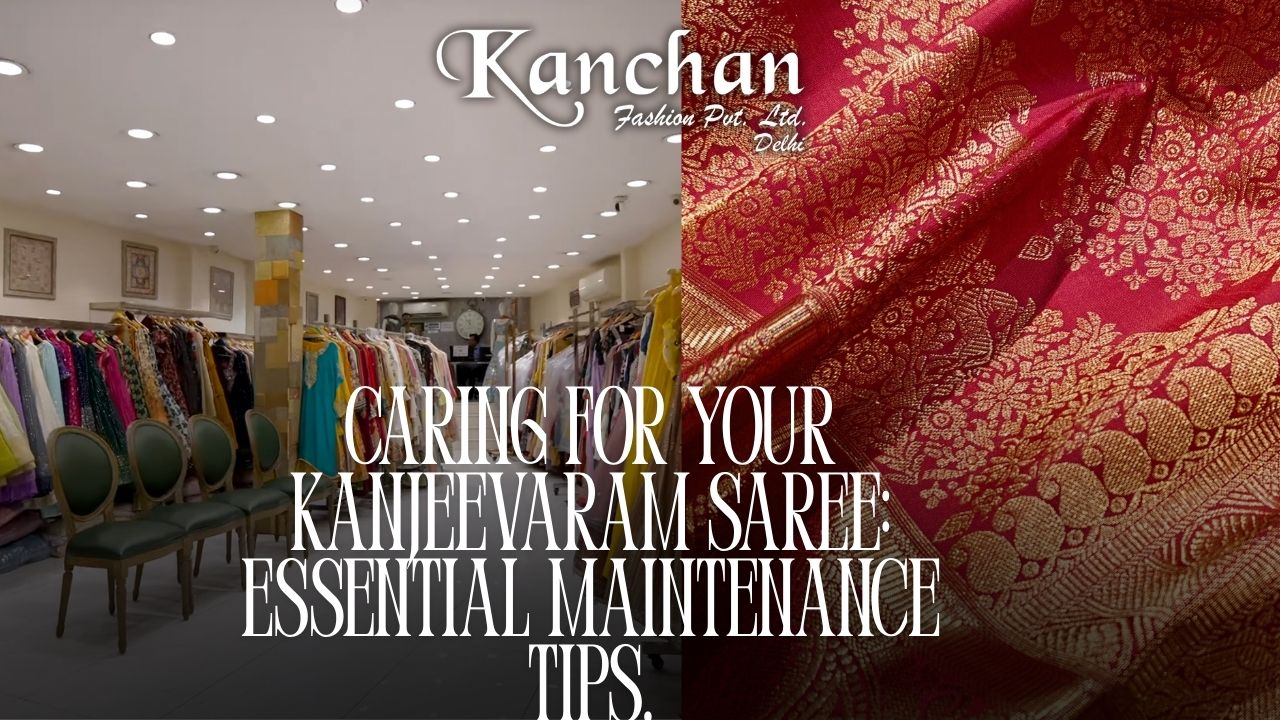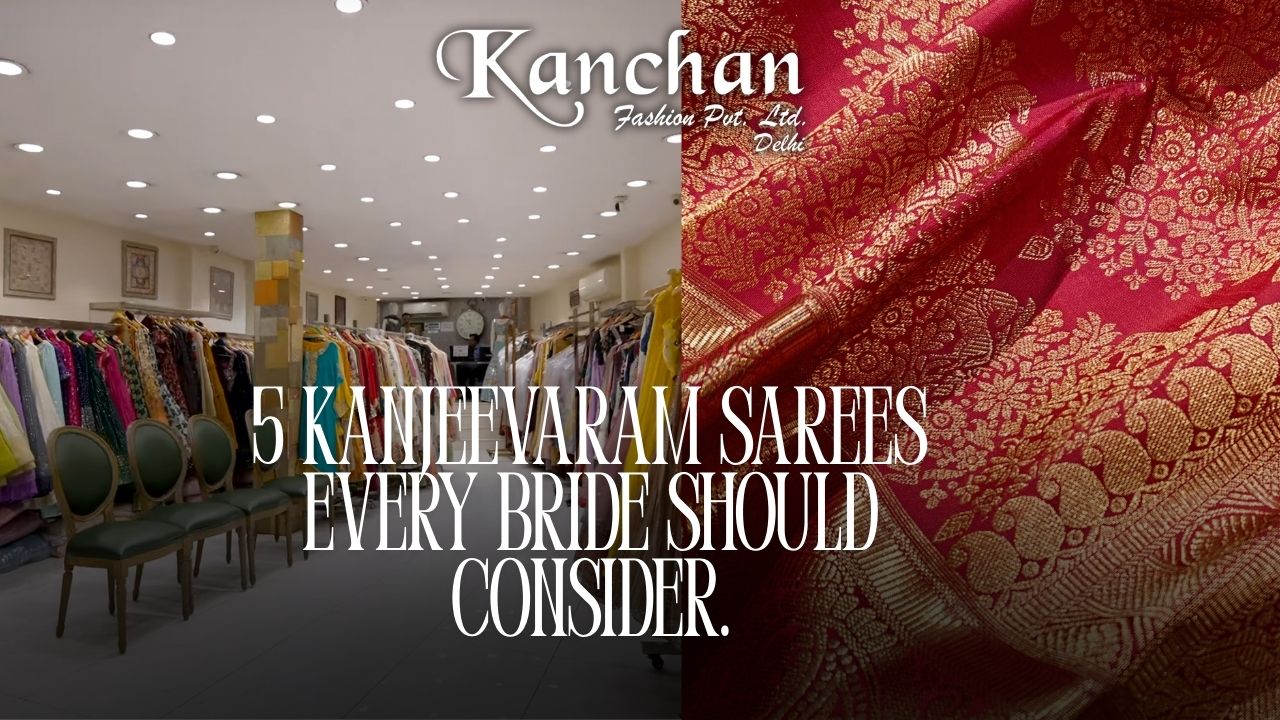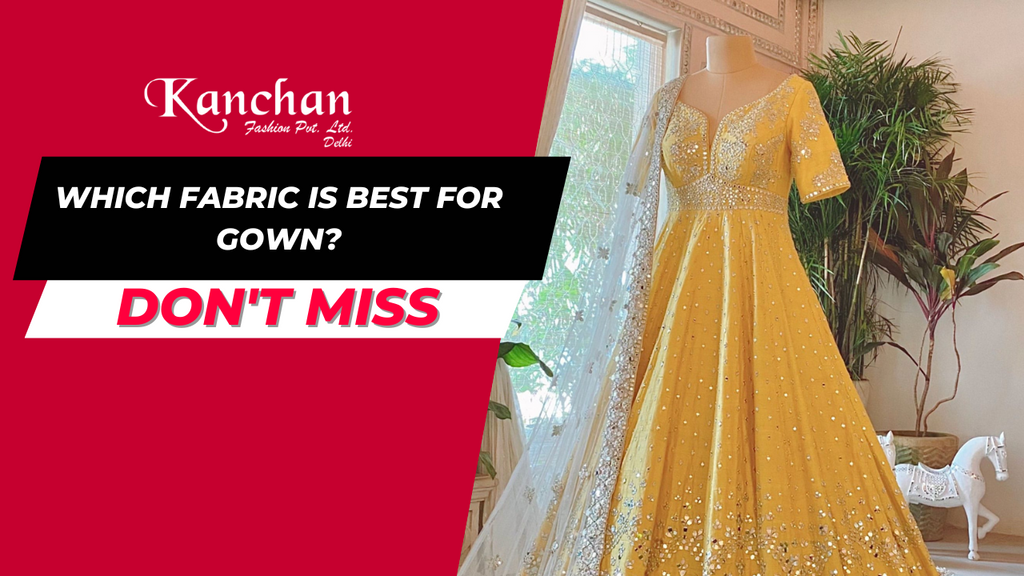
Outline of the Article:
- Introduction to Gowns
- Factors to Consider When Choosing Fabric
- Comfort
- Durability
- Aesthetic Appeal
- Different Fabrics Used in Gowns
- Silk
- Chiffon
- Satin
- Tulle
- Lace
- Pros and Cons of Each Fabric
- Best Fabric for Different Types of Gowns
- Wedding Gowns
- Evening Gowns
- Prom Gowns
- Conclusion
Which Fabric is Best for Gown?
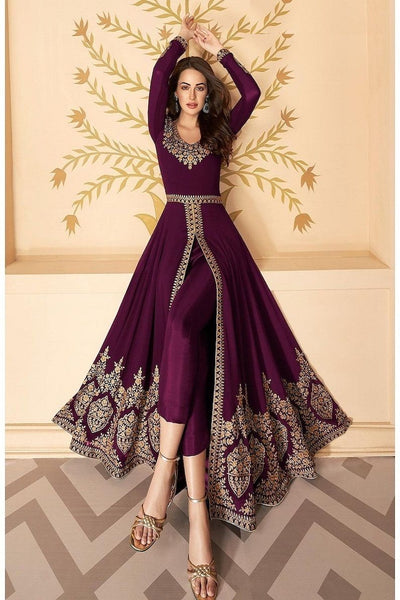
Gowns are timeless and elegant pieces of attire that have been worn for centuries across different cultures and occasions. Whether it's a wedding gown, an evening gown, or a prom gown, choosing the right fabric is crucial to ensure comfort, style, and durability. In this article, we'll explore various fabrics used in gowns and determine which one is the best for different occasions.
Introduction to Gowns
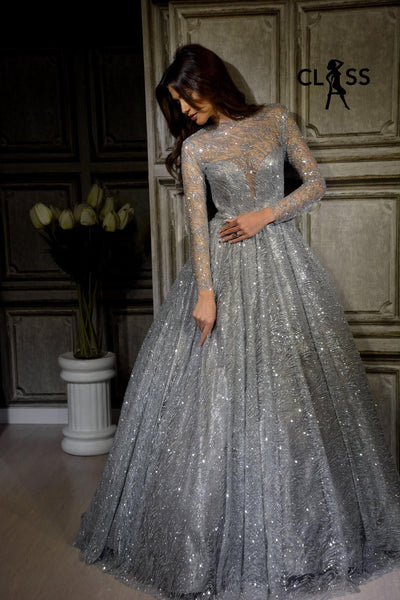
Gowns are versatile garments that come in various styles, lengths, and designs. From flowing ball gowns to sleek evening dresses, they are often worn for formal events such as weddings, red-carpet galas, and prom nights. The fabric plays a significant role in the overall look and feel of a gown, affecting factors like drape, texture, and breathability.
Factors to Consider When Choosing Fabric
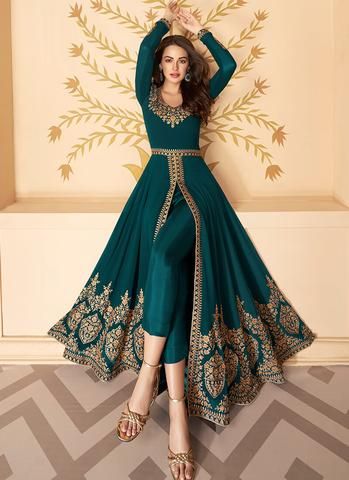
When selecting fabric for a gown, several factors need to be taken into account:
Comfort: The fabric should feel comfortable against the skin and allow ease of movement, especially for gowns worn for extended periods.
Durability: Gowns are often investments, so choosing a durable fabric ensures that the garment will last for years to come.
Aesthetic Appeal: The fabric should complement the design and style of the gown, enhancing its overall aesthetic appeal.
Different Fabrics Used in Gowns
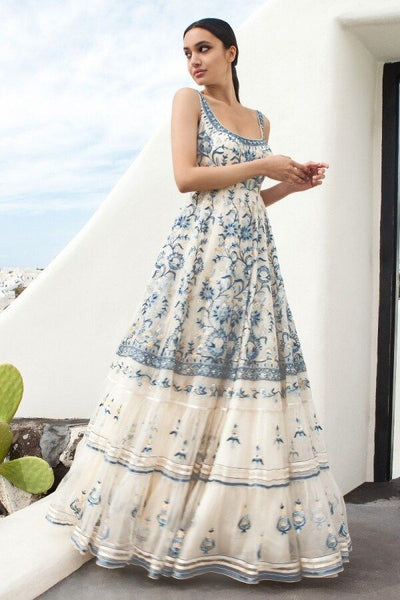
Gowns can be made from a variety of fabrics, each with its own unique characteristics. Some popular choices include:
Silk: Known for its luxurious feel and natural sheen, silk is a classic choice for gowns. It drapes beautifully and is available in various weights and finishes.
Chiffon: Lightweight and sheer, chiffon adds an ethereal quality to gowns. It's often used for flowing skirts and delicate overlays.
Satin: Smooth and glossy, satin is favored for its lustrous appearance. It's commonly used in bridal gowns and formal evening wear.
Tulle: Tulle is a fine netting fabric that adds volume and texture to gowns. It's frequently used in ballerina-style skirts and layered dresses.
Lace: Lace adds a romantic and feminine touch to gowns. Whether it's delicate floral lace or intricate guipure lace, it can elevate the look of any gown.
Pros and Cons of Each Fabric
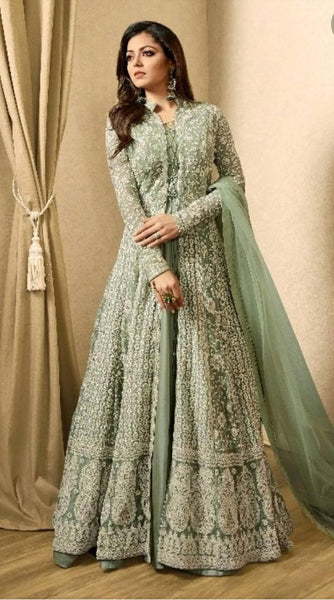
Each fabric has its own set of advantages and disadvantages:
- Silk: Pros - Luxurious feel, drapes beautifully. Cons - Expensive, delicate, prone to wrinkles.
- Chiffon: Pros - Lightweight, airy. Cons - Can be delicate, prone to snagging.
- Satin: Pros - Smooth, lustrous. Cons - Shows wrinkles easily, may be heavy.
- Tulle: Pros - Adds volume, lightweight. Cons - Can be scratchy, prone to tearing.
- Lace: Pros - Elegant, adds texture. Cons - Delicate, may require special care.
Best Fabric for Different Types of Gowns
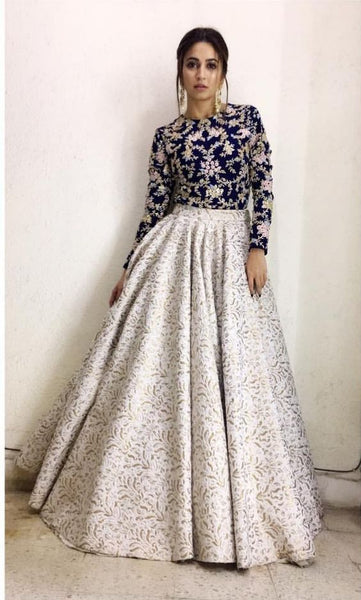
The best fabric for a gown depends on the occasion and the desired look:
- Wedding Gowns: Silk is often the fabric of choice for wedding gowns, thanks to its luxurious feel and timeless elegance. However, lace and satin are also popular options, adding romance and sophistication to bridal attire.
- Evening Gowns: Satin and chiffon are commonly used for evening gowns, offering a combination of elegance and comfort. These fabrics drape beautifully and create stunning silhouettes for formal events.
- Prom Gowns: Prom gowns often feature tulle overlays and lace detailing for a whimsical and youthful look. Chiffon is also a popular choice for its lightweight and airy feel, perfect for dancing the night away.
Conclusion
Choosing the right fabric is essential when selecting a gown for any occasion. Whether it's the luxurious feel of silk, the ethereal quality of chiffon, or the romantic allure of lace, each fabric brings its own unique charm to the garment. By considering factors like comfort, durability, and aesthetic appeal, you can find the perfect fabric to create the gown of your dreams.
FAQs
-
Is silk the best fabric for all types of gowns?
- While silk is a popular choice for its luxurious feel, other fabrics like chiffon, satin, and lace also offer unique advantages depending on the style of the gown and the occasion.
-
How can I ensure that my gown lasts for a long time?
- Proper care and maintenance are essential for preserving the beauty and longevity of your gown. Follow the manufacturer's instructions for cleaning and storage, and consider professional dry cleaning for delicate fabrics like silk and lace.
-
Are there any eco-friendly fabric options for gowns?
- Yes, there are several sustainable and eco-friendly fabric options available for gowns, including organic cotton, bamboo silk, and recycled polyester.
-
Can I customize the fabric of my gown?
- Many designers offer customization options where you can choose the fabric, color, and design details of your gown to create a truly unique and personalized look.
-
What should I consider when choosing fabric for a summer gown?
- For summer gowns, lightweight and breathable fabrics like chiffon, silk, and cotton are ideal to ensure comfort in warm weather.

